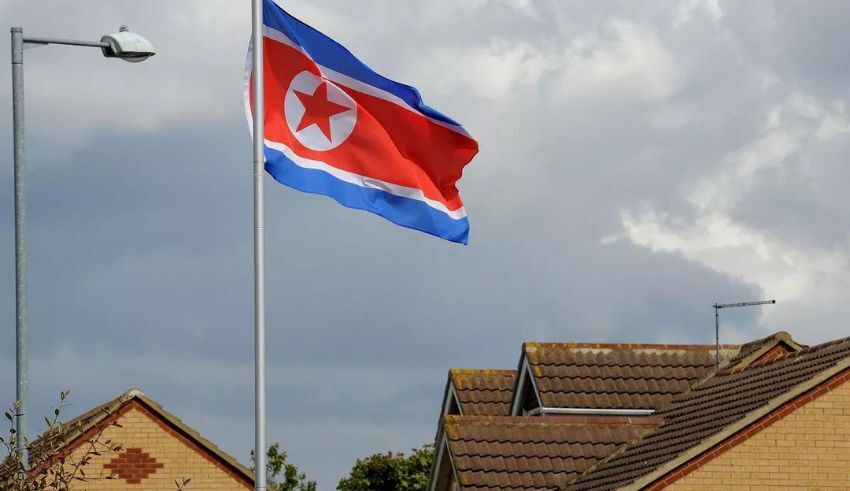
Sending money to North Korea is a risky and illegal activity that many defectors and their families in South Korea engage in, despite the harsh penalties and consequences that they may face.
Sending money to North Korea involves a complex and covert network of brokers, couriers, and smugglers, who operate across the borders of China, North Korea, and South Korea. Sending money to North Korea is not only a matter of humanitarian and personal concern, but also of political and security implication.
The Methods and Motives of Sending Money
Sending money to North Korea usually begins with a phone call between a defector in South Korea and a relative in North Korea, using a smuggled Chinese phone that can access the Chinese telecom network near the border.
The defector then contacts a broker in South Korea, who arranges the transfer of money to another broker in China, who then delivers the money to a courier in North Korea, who finally hands over the money to the recipient. The whole process can take several days or weeks, depending on the availability and reliability of the intermediaries, and the amount and location of the money.
Sending money to North Korea is motivated by various reasons, such as:
- Providing financial assistance and support to the relatives and friends who are living in poverty and hardship in North Korea, where the average monthly income is less than $50, and where food and medicine are scarce and expensive.
- Maintaining emotional and social ties and connections with the relatives and friends who are left behind in North Korea, where the communication and travel are restricted and monitored by the authorities, and where the defectors are considered as traitors and enemies.
- Preparing for the escape and defection of the relatives and friends who want to join the defectors in South Korea, where the freedom and opportunities are better and greater, and where the defectors can reunite and start a new life.
Keep Reading
The Risks and Consequences of Sending Money
Sending money to North Korea is fraught with risks and consequences, such as:
- Facing legal and criminal charges and punishments in South Korea, where sending money to North Korea is prohibited and punishable by the Foreign Exchange Transactions Act, which imposes a fine of up to 30 million won ($25,000) or a prison term of up to three years². South Korea has been cracking down on the brokers and the defectors who are involved in sending money to North Korea, especially since inter-Korean relations have deteriorated in recent years.
- Endangering the lives and safety of the relatives and friends in North Korea, where receiving money from South Korea is considered as a serious crime and a threat to the regime, and where the recipients may be arrested, tortured, or executed by the authorities, or sent to the notorious political prison camps, where hundreds of thousands of people have perished over the years.
- Supporting and sustaining the regime and the military in North Korea, where the money that is sent from South Korea may be confiscated or taxed by the authorities, or used to fund the nuclear and missile programs, or to buy luxury goods and services for the elite and the privileged.




